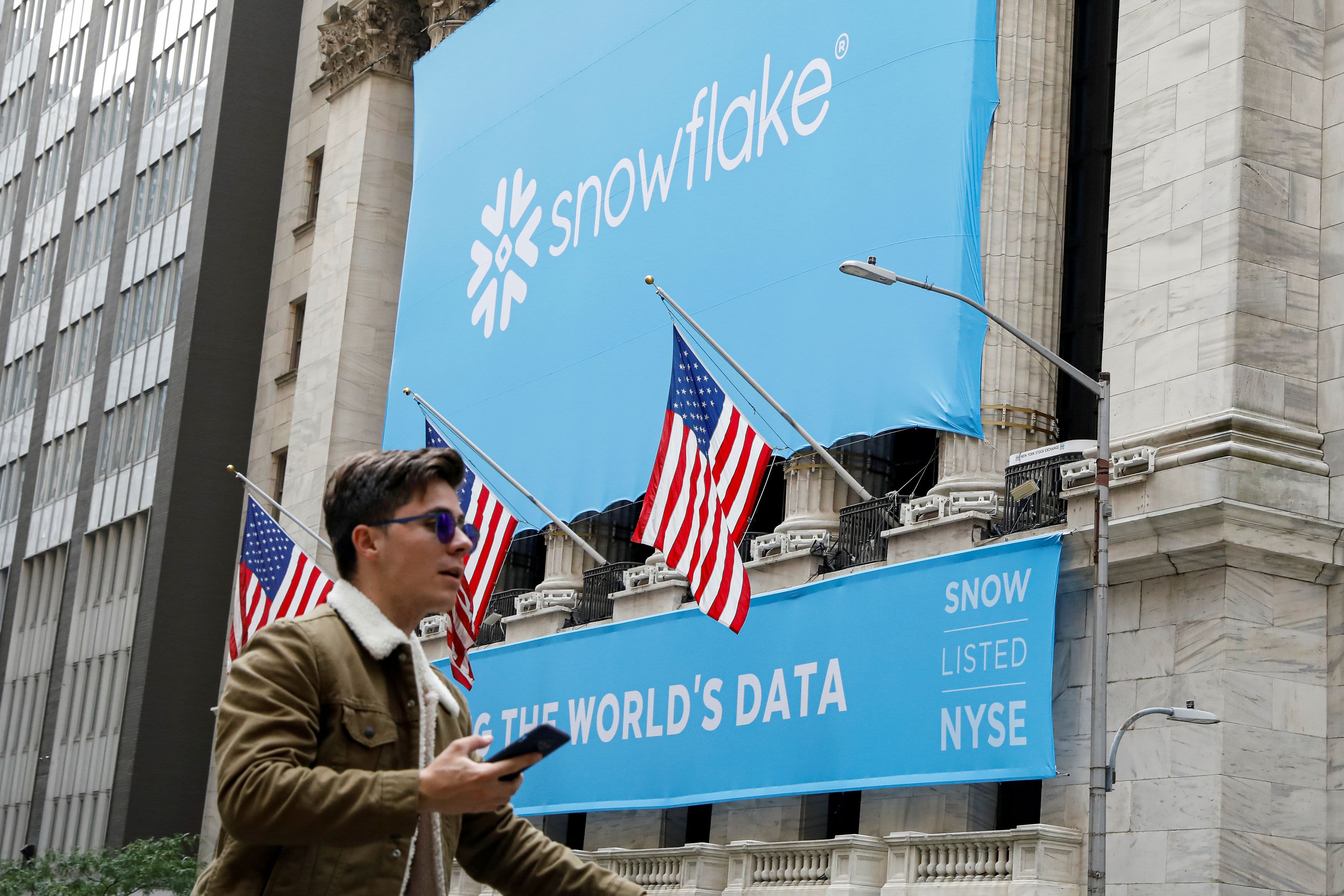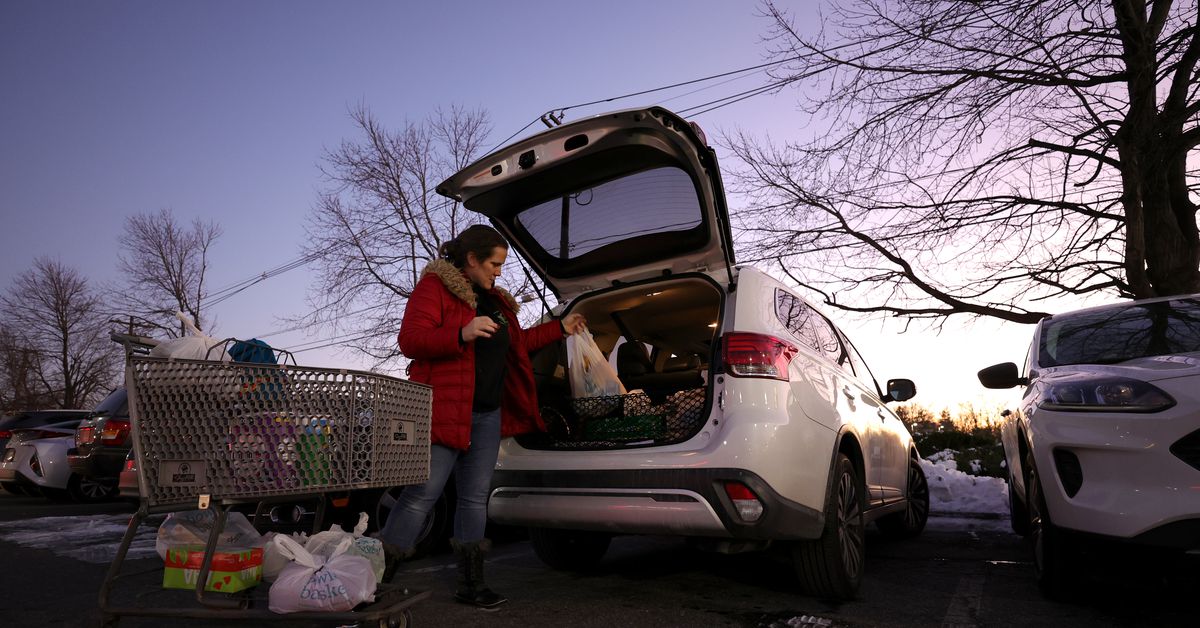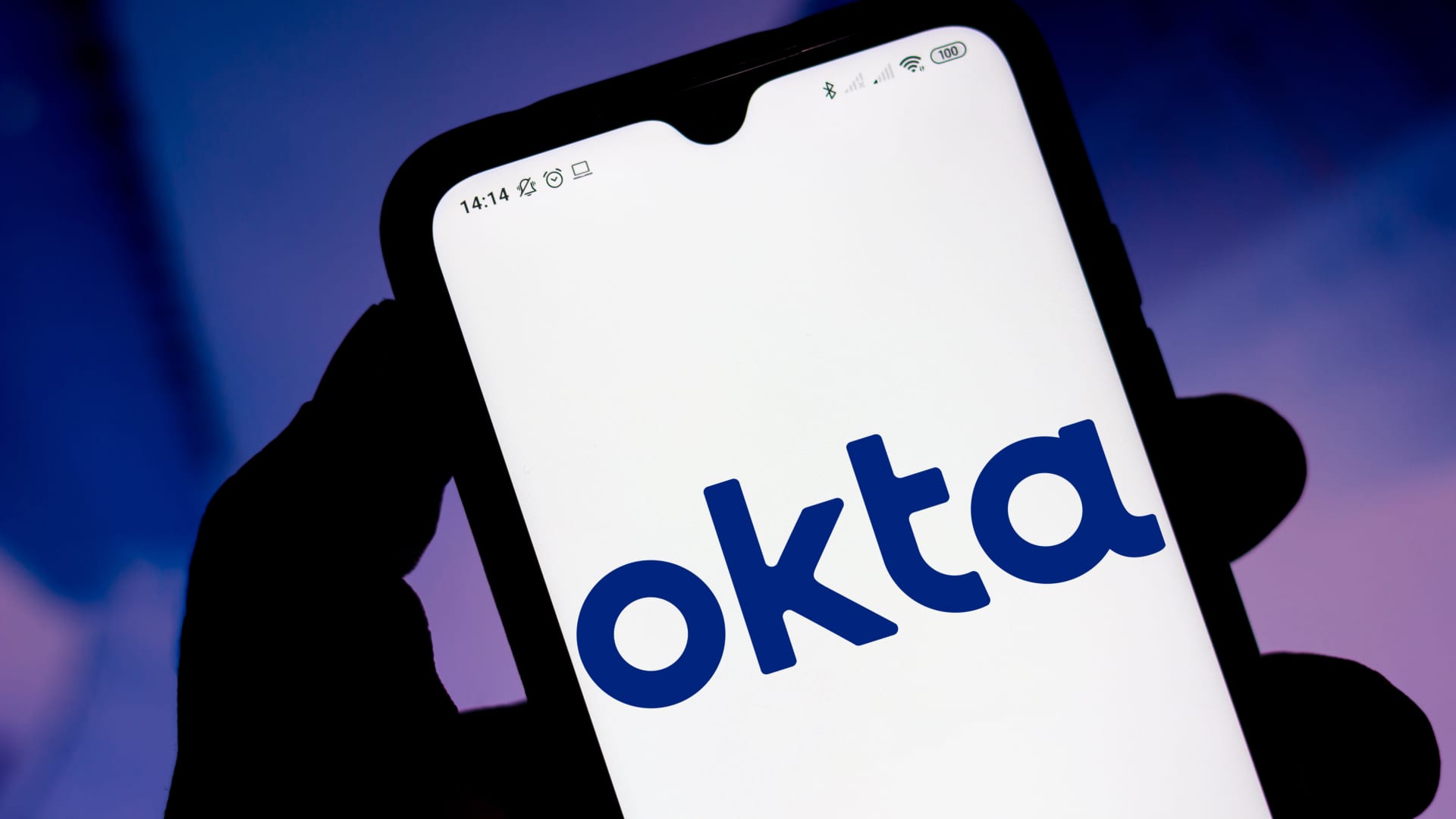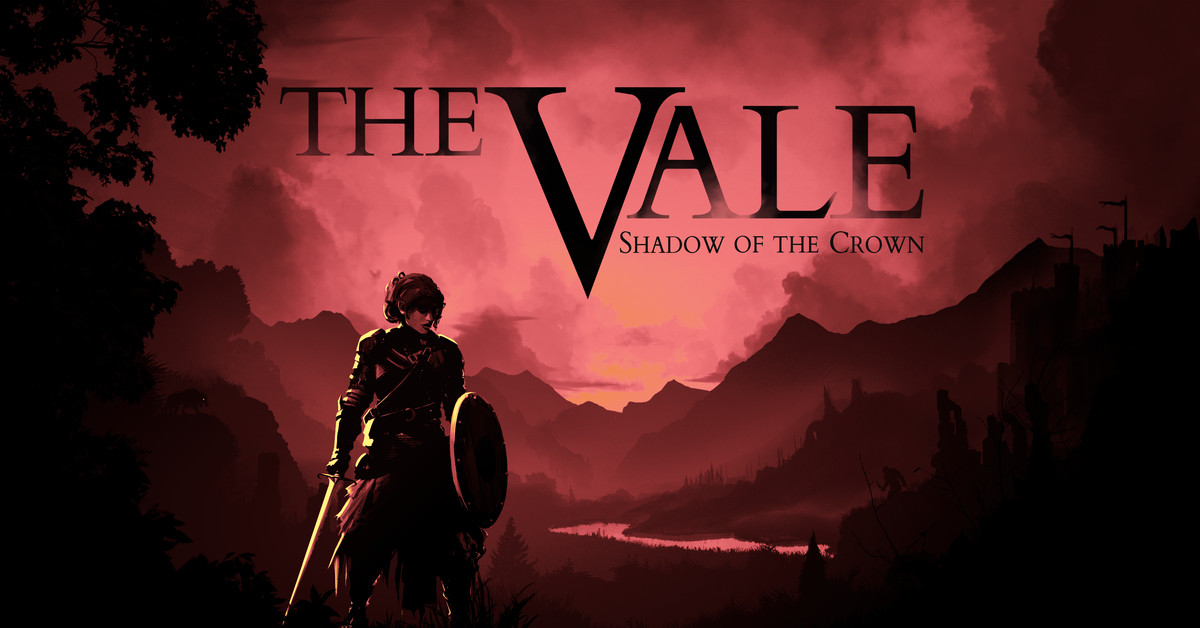Hello Tomorrow’s techno-optimism hides something much darker
Billy Crudup in Hello Tomorrow. | Image: AppleThe new Apple TV Plus series tells a story of deceit and scams, doused in the bright and sunny style of 1950s retrofuturism. Continue reading…
/cdn.vox-cdn.com/uploads/chorus_asset/file/24429528/Hello_Tomorrow_Photo_010205.jpg)
Everything seems idyllic as Hello Tomorrow opens. The new half-hour sci-fi series on Apple TV Plus imagines a retrofuturistic vision of the future, with all of the hope and optimism that a Tomorrowland-style 1950s can muster. Technology has made life perfect: people drive around in hover cars that look like Cadillacs, robots deliver the mail and serve beer, businessmen use jetpacks to get to work, and all kinds of quirky gadgets make household chores painless. There’s even a cartoon bird who drives a delivery truck, announcing to the world that he’s “delivering smiles.”
But it’s not long before the cracks start to show. Hello Tomorrow uses that contrast, between the dream of a better future and the bitter reality of today, to tell a surprisingly tense story about the challenges of living with the choices we make. It starts out bright and happy, but as reality sets in, the show resembles something like Uncut Gems filtered through the pre-fallout moments from Fallout.
Note: this review is based on the first three episodes of Hello Tomorrow. It includes very light spoilers for those episodes.
The story centers on Jack (Billy Crudup), a traveling salesman who leads a small team selling residential units for a lunar colony called Brightside. They go door to door, making big promises about life in space, before moving on to the next small town. Jack is particularly adept at this; in one of the show’s first scenes, he manages to sell a plot to a drunk, lonely stranger at a bar. The lifestyle fits most of the team just fine. It lets Eddie (Hank Azaria) stay on the hunt for sales to pay his gambling debts, while Herb (Dewshane Williams) is just trying to build a nest egg for his soon-to-expand family at home. Shirley (Haneefah Wood) does her best to keep everyone in check while pushing her way up the corporate ladder.
But their nomadic lifestyle comes to a surprise halt. The smooth-talking Jack, it turns out, has a few secrets of his own, including a 20-year-old son, Joey (Nicholas Podany), who doesn’t even know he exists and doesn’t want to. A confluence of events leads the Brightside sales team to an extended stay in Joey’s hometown, where the sales are slim but Jack is able to find at least some small way back into his son’s life.
What quickly becomes clear is that just about everything in Hello Tomorrow’s world is a sham. You can see it in many of Brightside’s potential customers, who, despite having all this amazing technology at their fingertips, are mostly all deeply unhappy. Some are out of work, replaced by that technology, while others have become alienated by family and friends who are out chasing a sci-fi dream. No one exemplifies this more than Jack, whose workaholism has allowed him to avoid all the real problems in his life. For years, that included his son, but that changes as he not-so-subtly tries to become a part of Joey’s life without giving a hint about their actual relation to each other.
Things get pretty stressful. Jack’s world, both personal and professional, is built on a precarious house of cards. As he lies about his relationship with his son, his work life similarly starts to unravel. Soon enough, just meeting Joey isn’t enough for him, so he ends up offering his estranged son a job as a salesman. He puts his time, energy, and money into this new project, much to the confusion and annoyance of his co-workers. When everyone is ready to pick up and move to a town with better sales prospects, Jack keeps coming up with excuses to stay.
He does this even as the rockets to Brightside — which, three episodes in, I’m not convinced actually exists outside of holographic sales videos — keep getting delayed, forcing customers to either wait for the next launch or demand a refund. (It’s reminiscent of the monorail episode of The Simpsons but without the musical numbers.) You can feel that house of cards starting to shake, but at least through the initial episodes, Jack manages to keep it from falling over through sheer force of will.
Image: Apple
Part of what really sells this idea of a better retrofuture (aside from Jack’s emotional sales pitches) is just how good Hello Tomorrow looks. The production design is top-notch. The floating robots and cars fit seamlessly into 1950s life, and there are lots of clever little over-designed gadgets everywhere you look, from self-popping individual popcorn containers at a baseball game to a dictation machine hooked up to a typewriter. There are video calls over black-and-white TVs and cylindrical robots doing just about every menial job you can think of. Some, like the hotel bartender, even have a bit of sass. The functional, tactile nature of these technologies makes them feel plausible despite the fact that none ever actually existed. And on the surface, they make this version of the ’50s seem much more prosperous than our own, especially as it (at least so far) avoids talking about real-world issues like race.
It’s hard to say exactly where exactly Hello Tomorrow is going at this point (the full season is 10 episodes long). But it’s definitely nowhere good — at least for the cast. Getting a glimpse into Jack’s life feels like watching a particularly stylish slow-motion car wreck, where there’s no doubt things will go bad. The only question is how bad and if anyone will manage to come out unscathed.
Hello Tomorrow premieres on Apple TV Plus on February 17th, with new episodes each Friday.

 Troov
Troov 
































